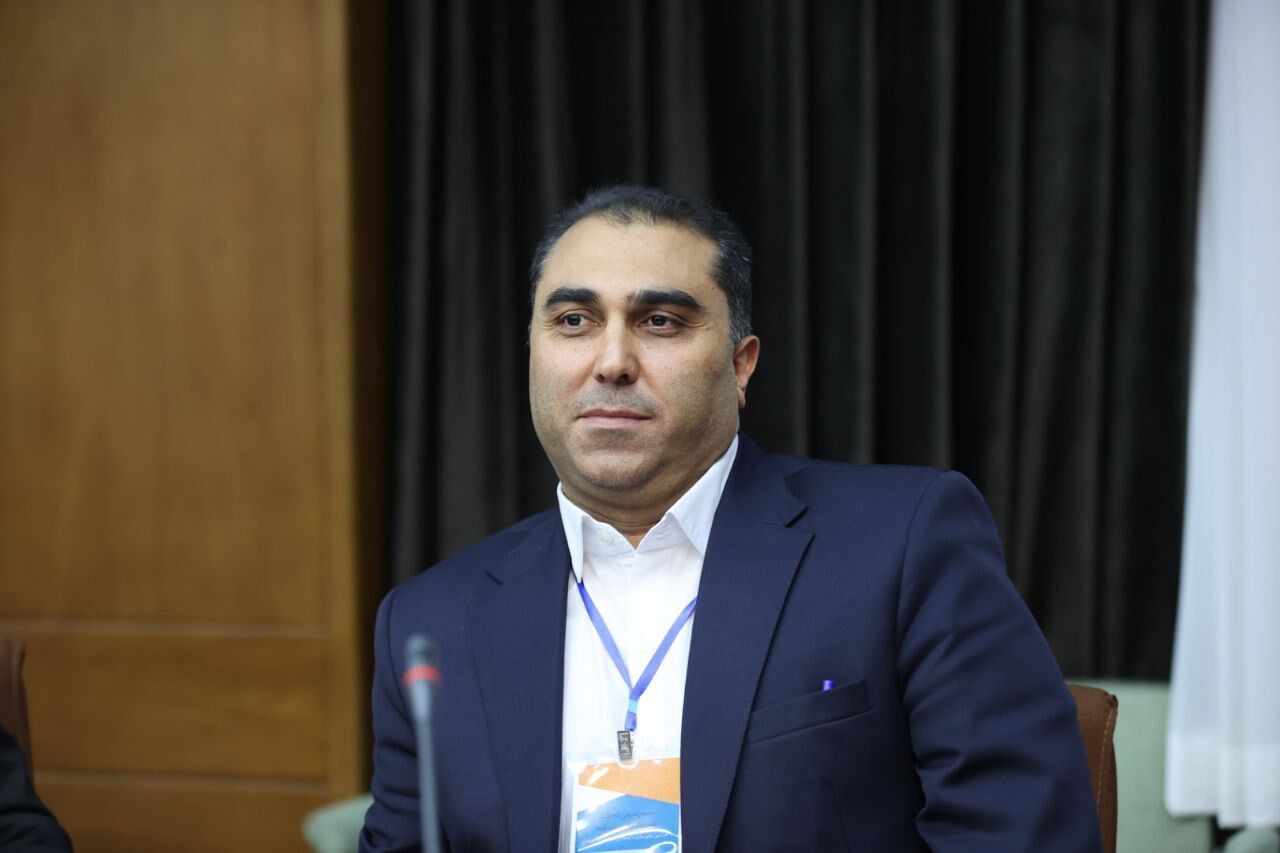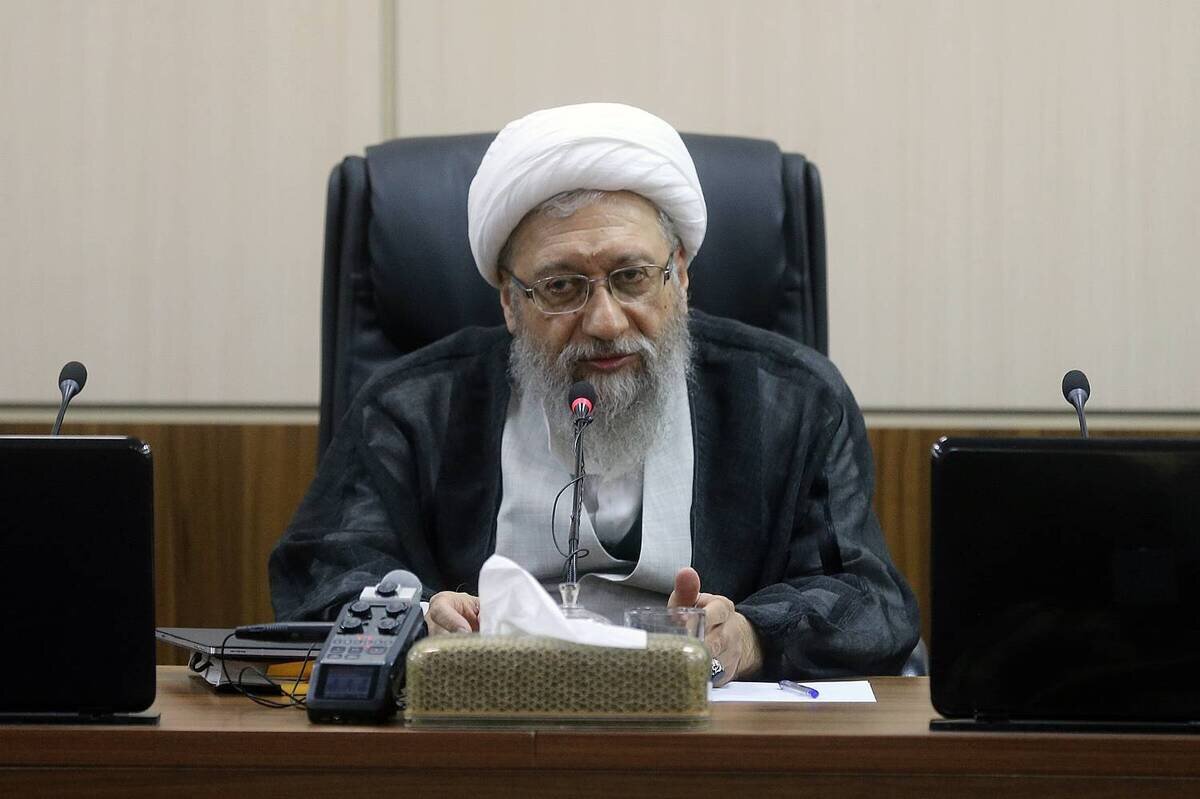Palestine will continue to seek justice against Israel at ICC and ICJ, says Hague ambassador
Palestine will continue to seek justice against Israel at ICC and ICJ, says Hague ambassador

Palestine will not stop its pursuit of justice at international courts despite political pressure or the threat of sanctions, Palestinian ambassador Ammar Hijazi told Middle East Eye on Wednesday.
His comments follow a ruling by the International Court of Justice (ICJ) on Israel’s humanitarian obligations, specifically to end its blockade of aid entering Gaza.
“So long as this occupation exists on our land, the Palestinian leadership and government will not take one step back from fighting for Palestinian rights at the international level,” Hijazi said outside the court.
“This is a rightful, peaceful, legal and moral path that we must take, and we will continue until our people are free and our independence is realised,” he added.
Hijazi emphasised that Palestine remains committed to cooperating with the International Criminal Court (ICC), the other international court in The Hague where investigations into alleged war crimes by Israeli leaders are ongoing.
Israel’s Prime Minister Benjamin Netanyahu, who is wanted by the ICC for weaponising starvation in his war on Gaza, said last month that the Palestinian Authority (PA) must "end lawfare against Israel at the ICC, the ICJ" as part of reforms necessary to qualify it to govern Gaza.
But Hijazi ruled that out, saying it does not even have the authority to do so.
“There is no such thing as withdrawing the case at the ICC,” Hijazi explained.
“It is now in the hands of the prosecutor and the court, and we hope that more war criminals and those committing crimes against humanity will be listed and stopped.”
The ICC is the world’s only permanent international court with the power to prosecute senior officials for international crimes.
In July, the Trump administration sanctioned unnamed officials from the PA and the Palestine Liberation Organisation (PLO) over their work in taking Israel to the ICC and supporting ICJ cases.
The State Department said Palestinian officials were “initiating and supporting actions at international organizations” and “taking actions to internationalize its conflict with Israel such as through the International Criminal Court and International Court of Justice”.
One ongoing case against Israel at the ICC is related to a war crimes investigation launched in 2021 by its former chief prosecutor Fatou Bensouda.
The State of Palestine acceded to the Rome Statute, the ICC’s founding treaty, on 2 January 2015.
In May 2018, the PA referred the situation to the prosecutor, which prompted Bensouda to formally launch her investigation, albeit three years later.
But the PA is not the only ICC member that initiated referrals against Israel.
Other states have filed their own referrals since November 2023, including South Africa, Bangladesh, Bolivia, Comoros, Djibouti, Chile and Mexico, amidst the international outrage at Israel’s genocide in Gaza.
In November, ICC judges issued arrest warrants for Netanyahu and his then defence minister, Yoav Gallant, for war crimes and crimes against humanity, with the central charge of using starvation as a weapon of war in Gaza.
Middle East Eye has also revealed that more arrest warrant applications for Israeli ministers are ready to be filed, for alleged crimes committed in the occupied West Bank and Gaza, including the crime against humanity of apartheid.
ICJ opinion may support ICC case
Hijazi’s remarks on Wednesday came after the ICJ, the UN’s supreme judicial authority, issued an advisory opinion that denounced Israel's ban on the UN's main humanitarian provider to Palestinians, Unrwa, and its restrictions on aid to Gaza and the occupied West Bank as inconsistent with international law.
Palestine, represented by Hijazi and a panel of international lawyers, was among around 40 states that took part in the hearings and submitted evidence in April-May this year.
Hijazi said the ruling provided “clear confirmation” that Israel’s actions in the occupied territories, including the denial of aid and the destruction of civilian infrastructure, breach international law and amount to “genocidal tendencies”.
'The fact that the ICJ found those to be proven facts will most likely be used by other courts including the ICC'
- Paul Reichler, lawyer representing Palestine
“International law is very clear,” he said. “What Israel is doing is illegal in the occupied Palestinian territory. It is now upon the entire international community to ensure Israel’s compliance with international law and not to allow it to continue with its colonisation and crimes against humanity.”
He called on states to act on the court’s findings, saying the world must now “choose between aligning with international law or aligning with colonialism, genocide and war crimes.”
Meanwhile, Paul Reichler, an international lawyer representing Palestine at the ICJ, said the court’s findings could support and inform the ongoing investigations at the ICC.
“Facts are facts,” he told MEE after the court’s pronouncement.
“The court determined that the facts showed that Israel pursued a deliberate policy of denying food to the civilian population to further its military aims in Gaza, and that there was a total ban on food deliveries in to Gaza for between two and three months, and after that there were only limited supplies allowed in, and those limited supplies were not sufficient to prevent starvation of civilians, especially children and famine in parts of Gaza,” he noted, referencing the latest advisory opinion.
“The fact that the International Court of Justice just found those to be proven facts will most likely be used by other courts including the International Criminal Court,” Reichler said.












